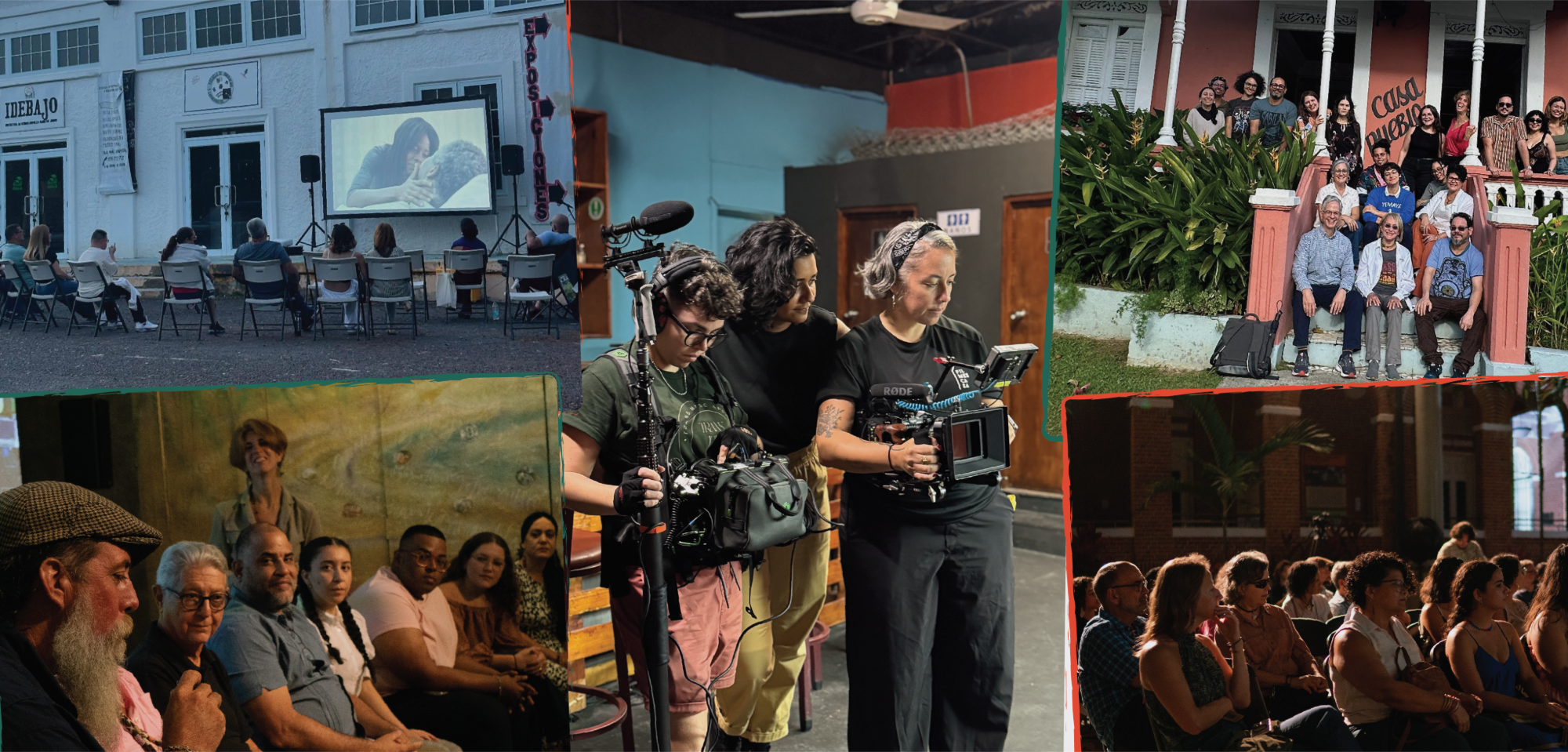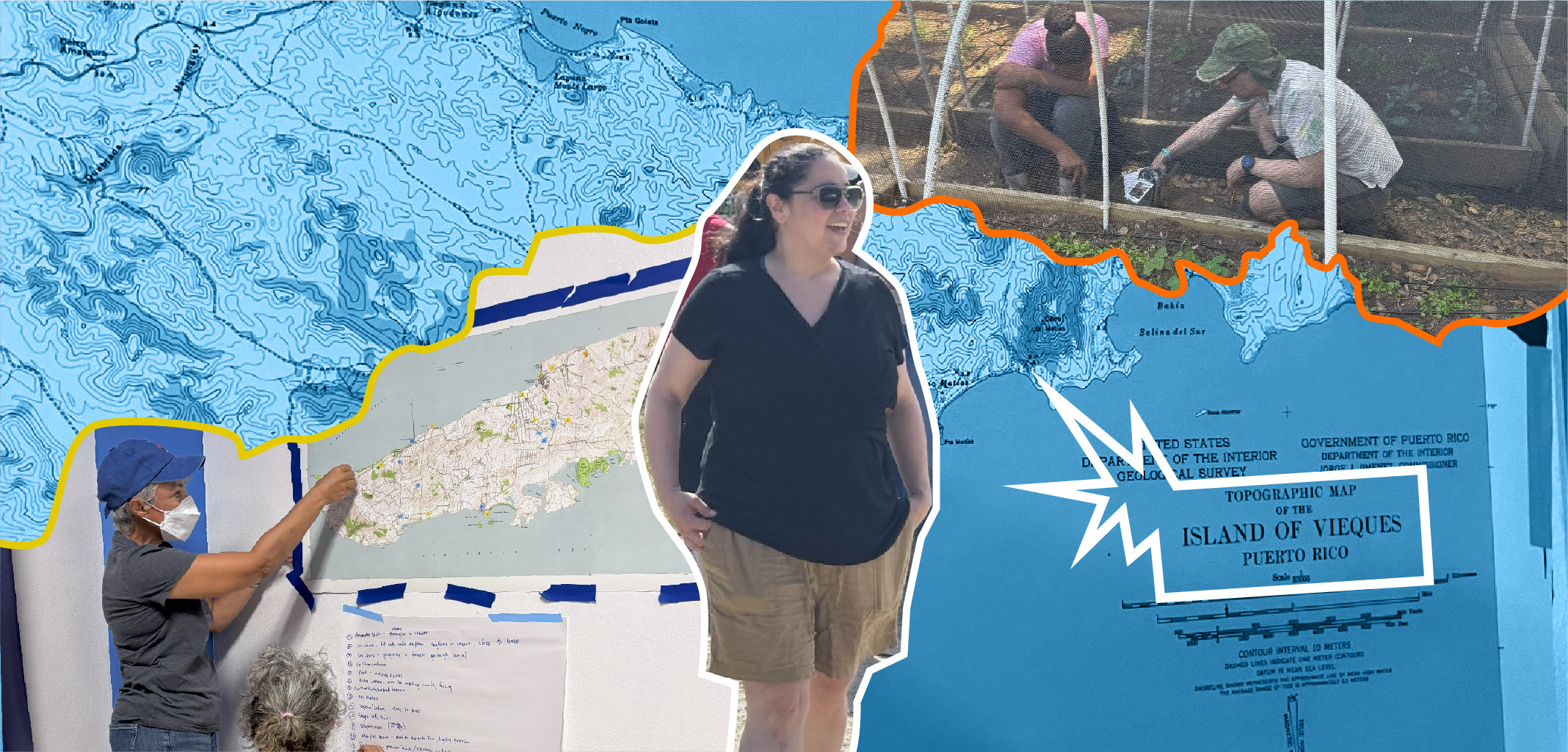
Vieques’ health investigator seeks funding after EPA’s cancellation: “This is just a rock on the road”
Community members and scientists team up to determine the status of their island’s health after 63 years of functioning as the U.S. Navy’s testing grounds
Dr. Lorena Estrada Martinez’s summer plans came crashing down on May 12th when she received a heartbreaking email that the Environmental Protection Agency (EPA) rescinded her grant to conduct health and ecosystem research in Vieques, Puerto Rico. The project she led envisioned a long-term goal of returning power to the community by providing Isla Nena residents with the information necessary to make decisions to improve their health and livelihoods.
“The idea was to create something that would outlive the life of the project itself and that the community could continue to use to understand exposure [to heavy metals contamination] across the island over time including now, and how to move forward,” explained Lorena Estrada Martinez, a doctor in Public Health.
Project Vieques Ambiente, Salud, y Accion Comunitario (VASAC) is one of nearly 800 environmental justice grants canceled this year by the new Trump administration. As the Primary Investigator, Estrada Martinez is now looking for ways to continue the study conducted by the University of Massachusetts and the University of Puerto Rico.
Over the course of five years, the project completed all necessary sample collections. Using citizen science methods, researchers and community members collected around 200 sediment samples, water samples, and crab samples in both residential and restricted areas of Vieques. Researchers built life history calendars from four-hour-long interviews with 225 Vieques residents, 75 of whom had cancer at the time of their interviews.
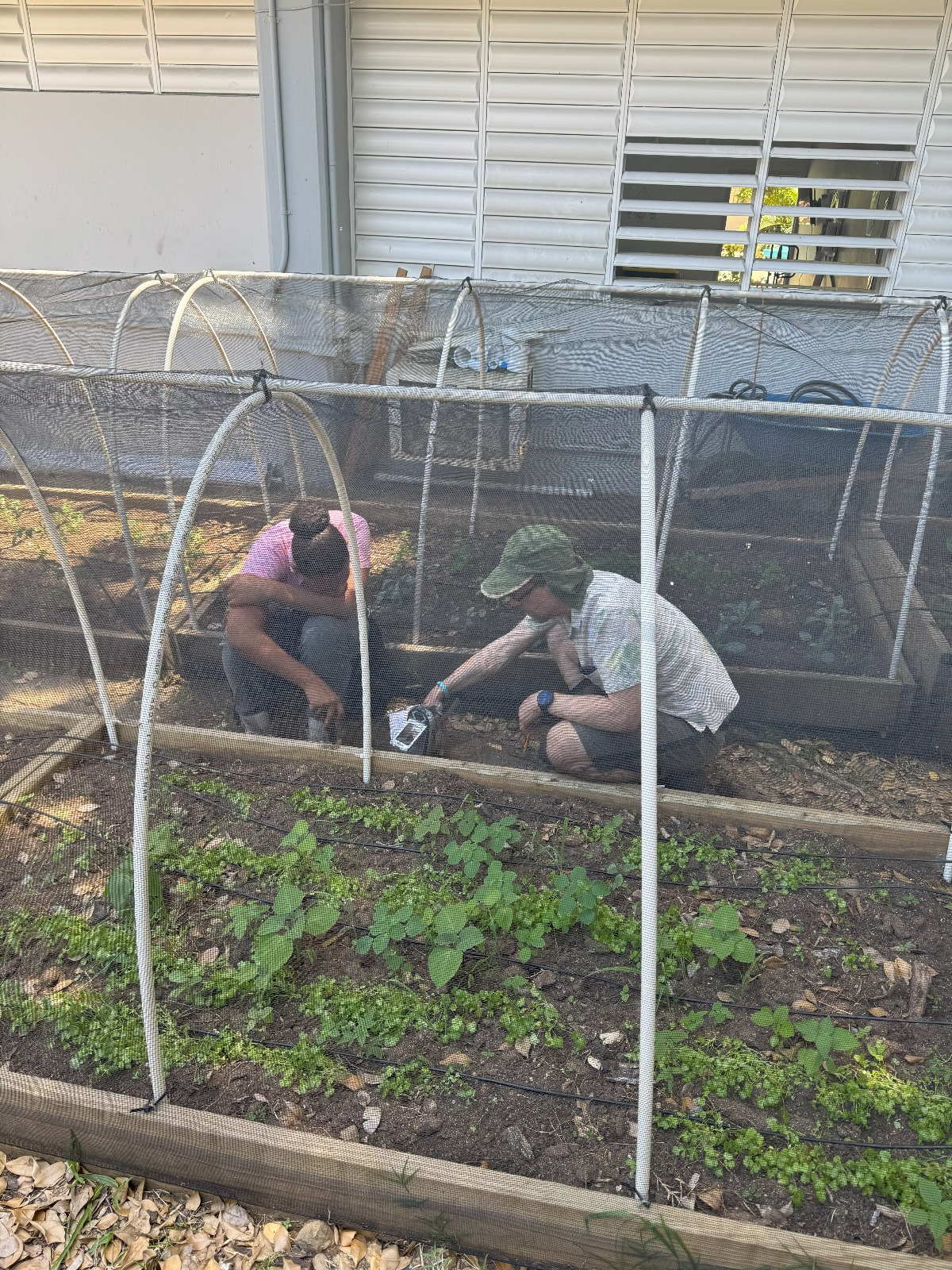
Finally, the scientists successfully executed several data analyses, including a heavy metal analysis of soil samples, toxicology studies of fauna samples, microbial DNA sequencing, and experimental phytoremediation efforts, a technology that uses plants to decontaminate soil.
Estrada Martinez now needs around $100,000 to finish VASAC’s most essential phases. These include expensive additional analyses and the dissemination of data and findings. Necessary analyses include soil dating analyses used for determining concentrations of heavy metals such as lead over time.
Beyond producing scientific journals and engaging in conferences and press, the project aimed to spread findings throughout the Viequense community so that they can self-sustainably manage the health of residents and the ecology of the island.
“An information void”
VASAC began in 2018 in response to an EPA request, consistent with the Consolidated Appropriations Act (P.L. 115-141), to “fill an information void at the site,” in the context of Vieques’ unique ecological and epidemiological circumstances and history as a U.S. Naval base for over 6 decades. The EPA awarded $800,000 to the VASAC project to conduct community participatory research assessing human health and ecosystem impacts caused by exposure to contaminants in Vieques.
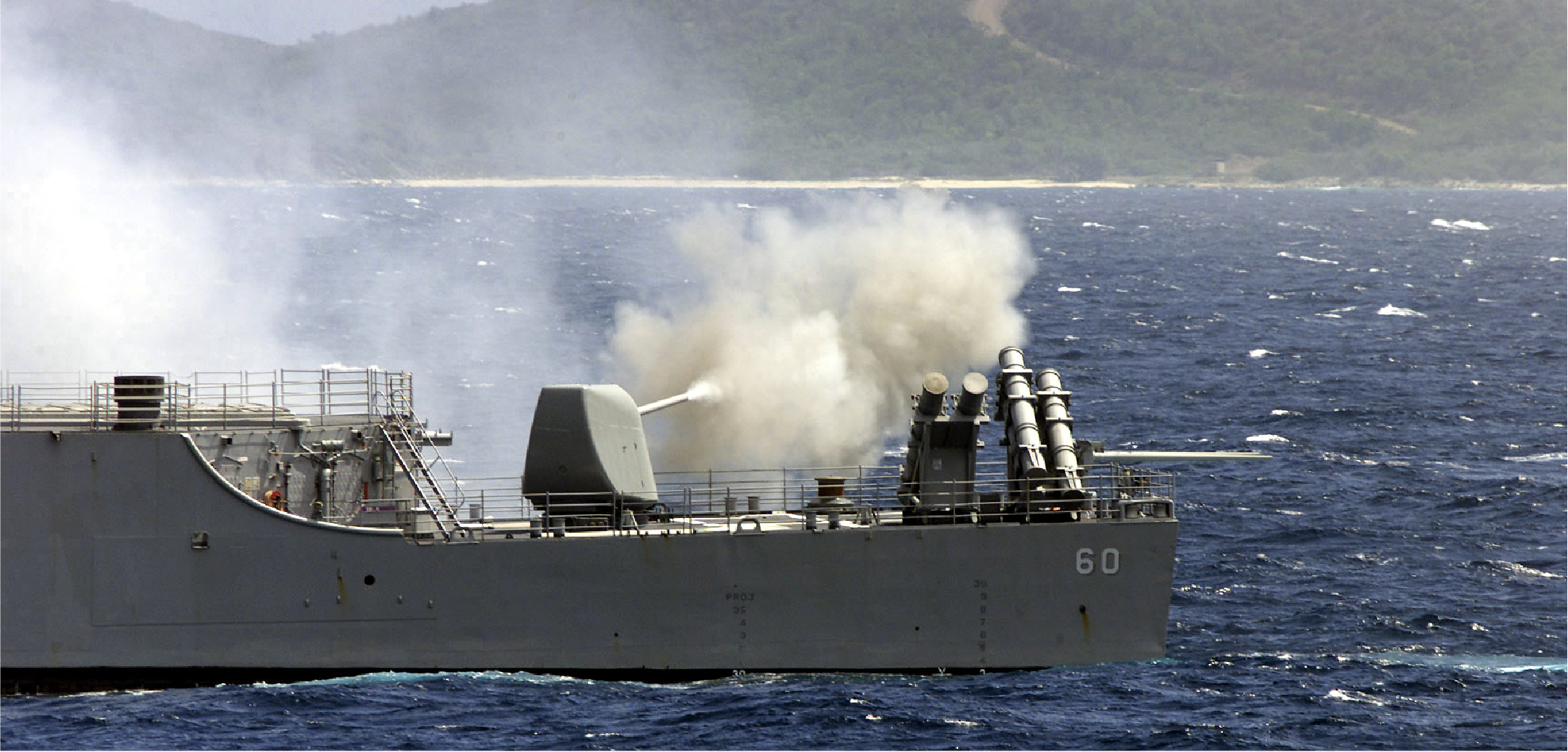
The project brought together esteemed researchers, community leaders, and important local organizations like La Colmena Cimarrona, Vidas Viequenses Valen y la Iglesia Episcopal Todos los Santos. To ensure that Viequenses supported actions taken by the scientists, the community and scientific teams operated in constant communication, said Estrada Martinez. The study was to be done with, rather than on, the people of Vieques, she emphasized.
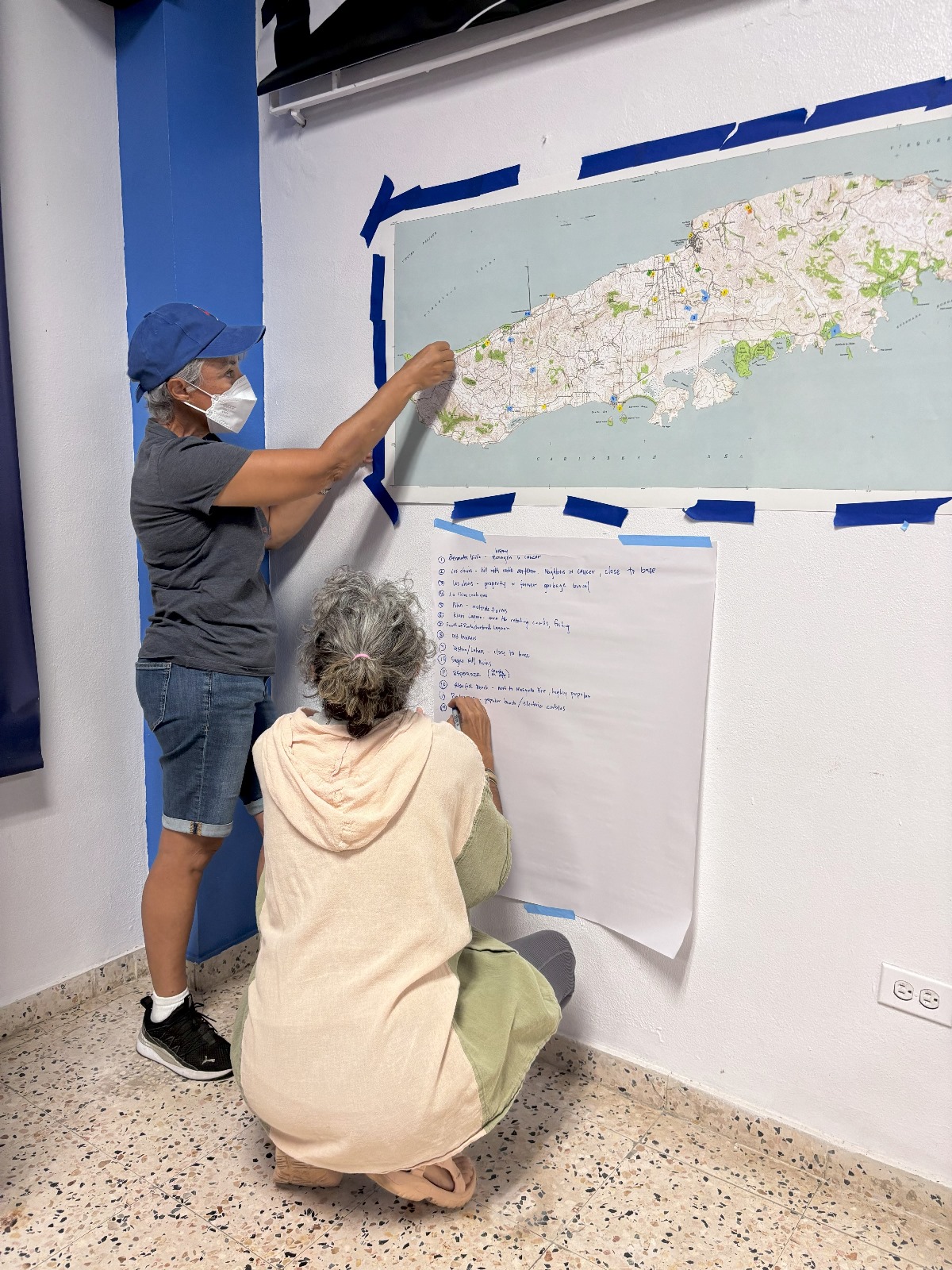
VASAC was able to complete five years of research, but the final phase, which included results analysis, was halted. As part of its final phase, the project sought to create integration maps of the island on a GIS platform, for public access to data and findings. The platform would record data from samples around the island, with residents being able to add and build upon the platform.
“The idea was to do these very cool integration maps that would be public and that people could also add to it… they would create an account and add their own pictures,” explained Estrada Martinez. Within the initial budget, there was money to develop the platform, as well as for user-training workshops. The information dissemination plan also included public presentations, academic seminars, and open community meetings in Vieques.
The potential loss of these final analyses and community engagement profoundly impacts Vieques’ ability to design appropriate public health measures. Agronomer Hilda Bonilla, president of local cancer support organization Vieques en Rescate (VER), explained the consequences that Vieques citizens have faced due to a lack of information about military contaminants.
“Vieques, having been militarized–it’s a reality that it was bombed for 60 years–one assumes that it’s completely contaminated. What’s happening? No objective study has ever been done to identify heavy metals in the areas we live in, in the residential areas.”
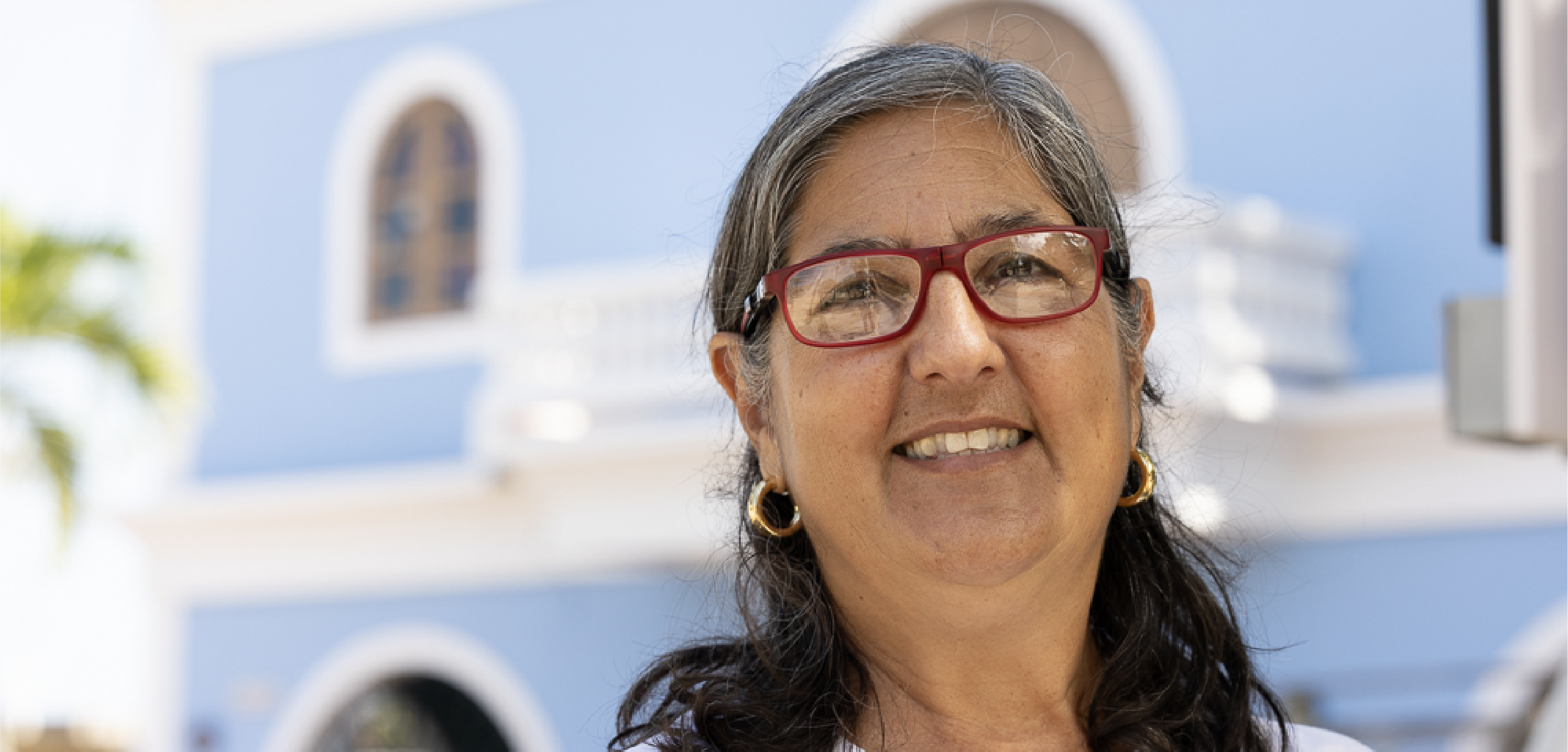
Citizens are also affected because they remain uncertain of the extent of contamination in Vieques’ inhabited areas. For example, Bonilla explained that, in Vieques, people don’t invest much in agriculture for fear of losing money due to the contaminated soil, preventing the agricultural industry from flourishing. As a consequence, the absence of local produce forces residents to buy all their food from the supermarket, most of which is canned and more heavily processed, which may lead to deteriorating health when consumed excessively.
The VASAC project’s research would generate more certainty for residents making long term decisions in their lives. “So the farmer can say: ‘My land—this space—is 100%.’ Or, ‘This space on which I am producing, I can tell the community, I’m selling you products that I can certify don’t have heavy metals.’ That’s the direction we want to go. So, we dream about that,” Bonilla added.
Hope is the last thing to lose
Even with how politics has changed in the EPA, Estrada Martinez remains hopeful for the study’s completion. She’s inspired by the Viequense community’s 63-year struggle to remove the Navy from the island, plus an additional 20-year battle to obtain funding for VASAC in the first place. “This is just a rock on the road, and we will figure out together how to get rid of it and move forward, right?”
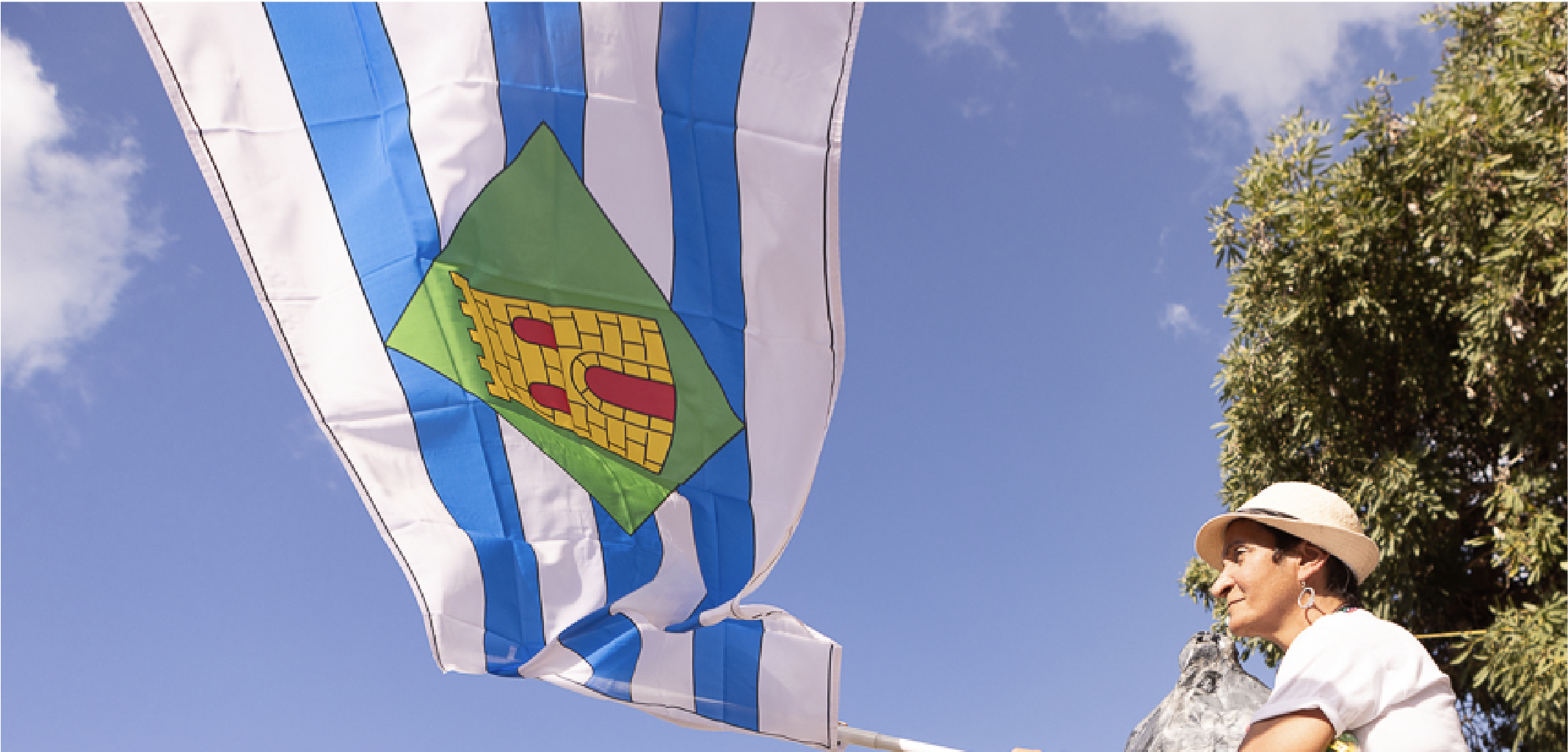
In fact, researchers from the University of Massachusetts and the University of Puerto Rico had partnered with the University of California (UC) on a second project to analyze air pollutants in Vieques. Although the EPA also canceled this $750,000 grant, UC sued, and in June, the Federal Court in the District of California issued a preliminary injunction prohibiting the agency from enforcing the rescissions and ordering to restore the status quo until the case is heard on its merits. A third project, worth $2 million, awarded by the EPA to work on food systems in Vieques, has not fared as well, and researchers are faced with the dilemma of either defending themselves against the Trump administration's cancellation or finding new sources of funding.
Although these EPA grants are canceled, Estrada Martinez and her team will continue updating the community about completed work and seek new funding so that Viequenses can live confidently and safely on their island, she said.



